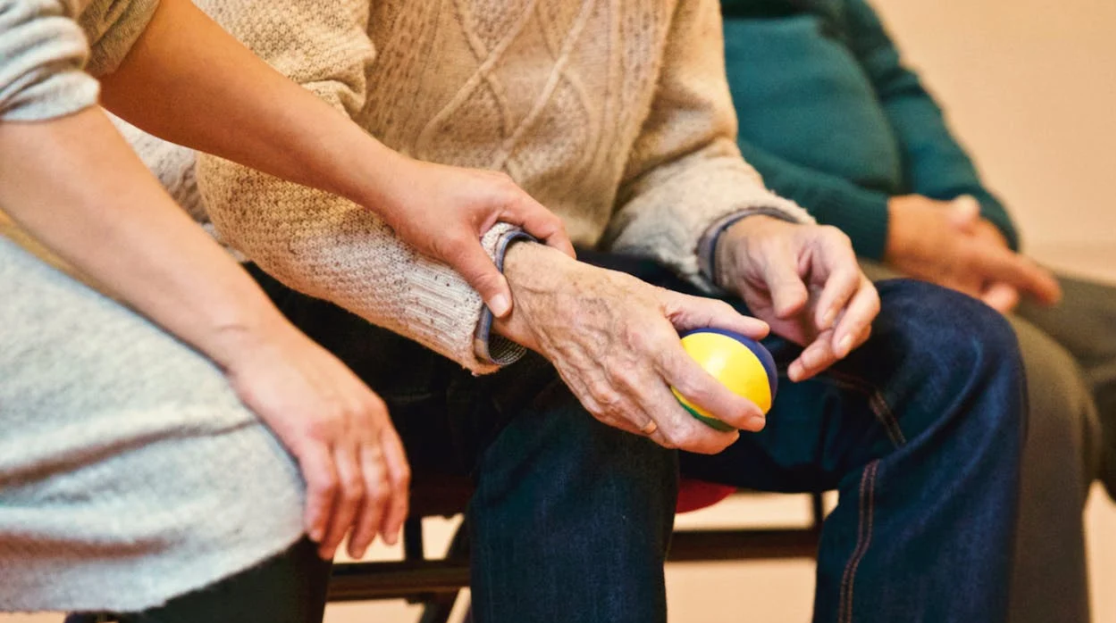
Managing Chronic Pain: Strategies for Relief and Well-Being
Chronic pain is a widespread problem that affects countless people globally, deeply influencing their daily lives and well-being. In contrast to acute pain, which is temporary and localized, chronic pain continues indefinitely, frequently without an identifiable origin.
This ongoing issue necessitates a relentless pursuit of effective strategies for managing the pain. This blog explores various chronic pain management techniques, offering hope and practical advice for those living with chronic pain.
Understanding Chronic Pain
Before exploring effective management strategies, it's essential to grasp the nature of chronic pain. Chronic pain persists for over six months and remains even when the initial injury or illness has resolved. This type of pain does not simply signify ongoing harm but represents a complex health issue that continues to affect the body and quality of life long after the original cause has subsided.
Living with chronic pain can be debilitating, affecting physical abilities, emotional health, and overall well-being. Effective chronic pain management involves a comprehensive approach that addresses both physical and psychological aspects.
Pain Relief Techniques
Pain relief techniques are crucial in managing chronic pain effectively. Explore various methods, from medication to physical therapy, to find the right approach for your needs.
Medication Management
One of the first lines of defense in chronic pain management is medication. It's important to work closely with healthcare providers to find the right balance of medications to reduce pain with minimal side effects.
Options may include over-the-counter pain relievers, prescription opioids, anti-inflammatory drugs, and antidepressants that also help alleviate pain.
Physical Therapy
Physical therapy is a cornerstone of managing chronic pain. Customized exercise programs help strengthen muscles, increase flexibility, and reduce pain.
Techniques such as stretching, strengthening exercises, and cardiovascular routines are tailored to individual needs to ensure maximum pain relief and functional improvement.
Alternative Therapies
Many individuals find relief in alternative therapies, which can be integrated into a chronic pain management plan.
Acupuncture, massage therapy, and chiropractic care have shown effectiveness in reducing pain and improving mobility. These therapies may decrease the need for medications and improve quality of life.
Wellness Strategies for Pain
Explore effective wellness strategies for managing chronic pain, including mind-body techniques, healthy lifestyle choices, and the importance of a supportive community for improving overall well-being.
Mind-Body Techniques
The connection between the mind and body is powerful, and mind-body techniques can significantly impact pain perception.
Meditation, mindfulness, and yoga not only help reduce stress, which can exacerbate pain, but also teach pain management skills. Regular practice can enhance emotional resilience and decrease the overall experience of pain.
Healthy Lifestyle Choices
Maintaining a healthy lifestyle is essential for managing chronic pain. Balanced diets rich in anti-inflammatory foods can reduce pain levels.
Additionally, adequate sleep and hydration are crucial for the body's ability to heal and manage pain. Avoiding alcohol, smoking, and other harmful substances also contributes to overall wellness and pain reduction.
Living with Chronic Pain
Living with chronic pain is an ongoing challenge that affects every aspect of life, requiring resilience and effective management strategies to maintain well-being and functionality.
Social Support and Community
Building a supportive community is vital for those living with chronic pain. Support groups, whether online or in person, provide a crucial platform for sharing experiences, strategies, and tips.
These communities can offer emotional support, practical advice, and a sense of belonging that is invaluable in navigating the daily challenges of living with chronic pain.
Engaging with others who understand the unique struggles of chronic pain can lead to improved coping strategies and a better overall quality of life.
Ongoing Education and Advocacy
Staying informed about the latest advancements in pain management research and actively advocating for personal health needs are crucial strategies for those living with chronic pain.
Continuously educating oneself about one's condition and available treatment options empowers individuals, enhancing their ability to make informed decisions about their care
This knowledge not only fosters a sense of control over one's health but also facilitates more effective communication with healthcare providers, ensuring a more tailored and effective approach to chronic pain management.
Embrace a Multi-Faceted Approach
Living with chronic pain is challenging, but with the right strategies, it is possible to manage pain effectively and enjoy a fulfilling life. Employing a combination of medical treatments, physical therapies, alternative therapies, and wellness strategies can provide significant relief and improve quality of life.
For further guidance and support in your journey to better health, consider reaching out to the National Wellness and Fitness Association. They offer resources and community support to help you navigate the complexities of chronic pain management and achieve greater well-being.
Remember, you are not alone in this journey. With the right approach, chronic pain management can lead to a more comfortable and rewarding life. Explore all avenues of pain relief and wellness strategies to find what works best for you.